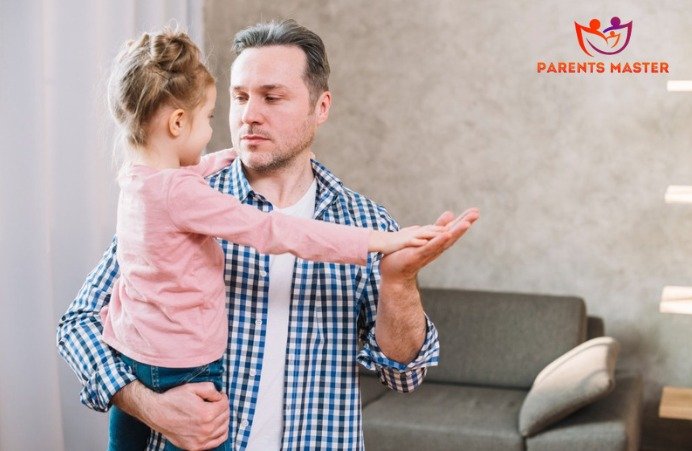Reorienting With Respectful Parenting

Respectful parenting, also referred to as “wise parenting,” involves setting standards and strict rules while being respectful of kids’ choices.
Respectful parenting refers to a style of childrearing and discipline focused on fostering an emotional connection between adult and child and is rooted in the belief that all humans deserve to be treated with empathy and compassion.
The essential aspect of this kind of parenting is that respectful parents validate and affirm their children’s feelings and make sure to adopt peaceful problem-solving strategies while setting boundaries from a place of unconditional love.
Ways To Discipline With Love

Tana, suchalittlewhile.com, says: “If you want your child to choose kindness in their moments of anger, show them kindness in your moments of anger.”
“Gentle parenting,” or “Positive parenting,” is all about setting limits for children without resorting to yelling, punishment, or fear-based tactics. Parents play a vital role in helping children develop essential social-emotional skills, and they do so by validating big emotions, actively listening, and building connections while also collaborating with their kids to solve problems peacefully.
- Realistic and developmentally appropriate expectations
Strengthening knowledge of child development, including social-emotional development, proves to be a game-changer in the shift to respectful parenting. Expectations should align with what our kids are capable of, and one should take control of the frustration levels. That being said, it feels great to parent in a way that feels good.
- Avoid disciplining during an argument.
Often, some parents end up holding authoritative goals, but the problem starts when the behavior does not always align with the values. Every parent has parented in a way they weren’t proud of, and it’s necessary to continue to strive for better. Stop disciplining the child during an argument. Respectful parenting can feel difficult, and it’s also understandable that upset children are not mentally available for collaborative problem-solving. So it’s suggested that you take time for a cool-off period. Parents: Once calm, kids can get some time to come together and revisit boundaries or identify solutions.
- Listen more and always don’t lecture.
Respectful parents do not always agree with their children’s perspectives; however, they have a great trait, and that is they actively listen. Children find it tough to exercise the self-control necessary, and often, they are denied the chance to speak. However, what happens is that some children choose to shut off their ears completely. So it’s suggested that you Hear them out first, and that will be the chance to connect with the child. After that, you can take turns to revisit boundaries, as it’s worth noting that long lectures are ineffective!
- Collaborate to solve problems.
There’s no benefit of quickly wrapping things up and moving on with the day. Rather, what’s vital is to build genuine empathy and also identify the key problem-solving skills. What respectful parents do is ask open-ended, restorative questions, and that’s highly beneficial for children to process what happened while also identifying the impact of their actions.
- Learn to apologize when you are wrong.

What you should be aware of is that no parent is perfect, and there are missteps in every positive parenting journey. Use mistakes to create a teachable moment. So it’s vital to Own up to what happened and Offer a sincere apology. Also, let your child know what you will do moving forward and follow those.
- Validate emotions regardless of behavior.
It’s important to let children know that we accept all of their feelings, and this turns out to be one of the most powerful and impactful parenting tools. Respectful parenting is a lot different and more effective than a fear-based, authoritarian parenting style. Try an affirmation statement over plain statements.
Final Say
Children respond positively when you parent them with boundaries and discipline them with love. The family, with the help of respectful parenting, gains strength, helping develop a true sense of self and understanding and making it easier to share values and purpose in life.
Also Read:
How To Connect With Your Teenage Daughter: The essential tips to follow.




